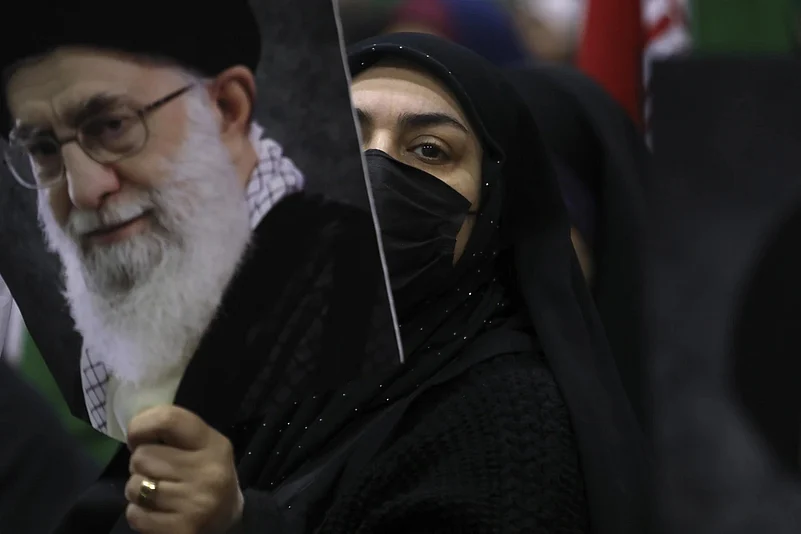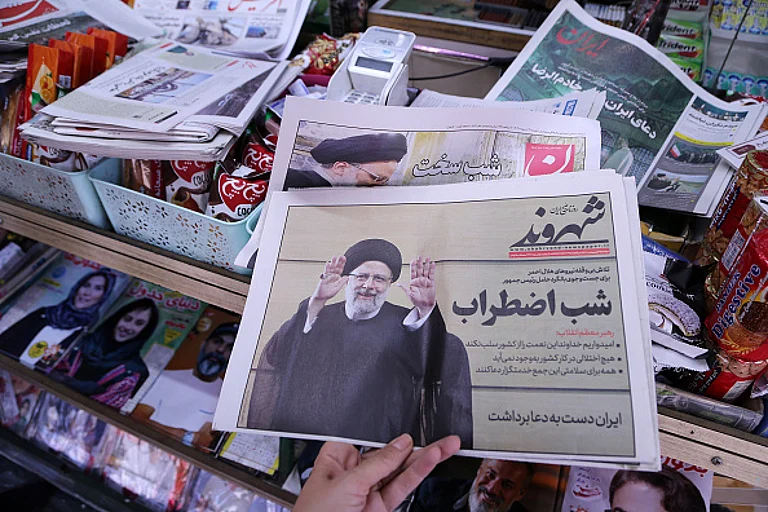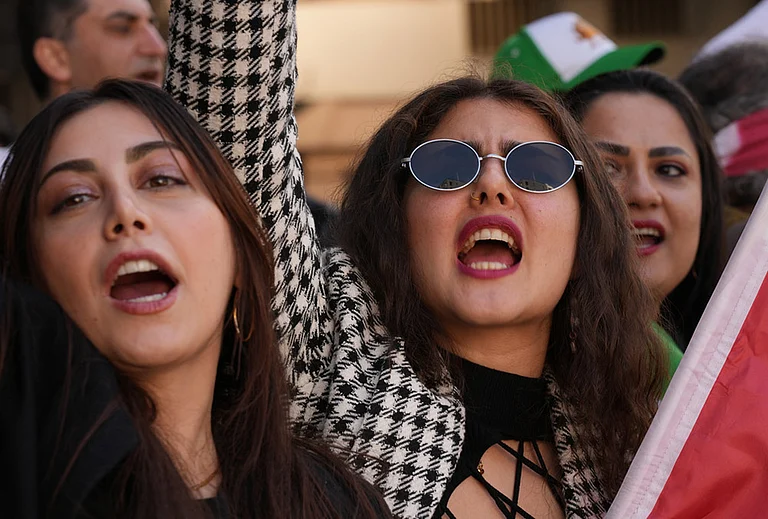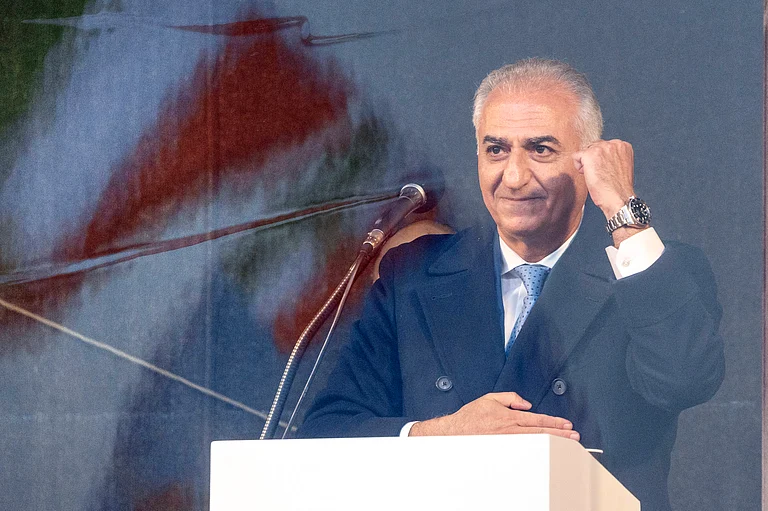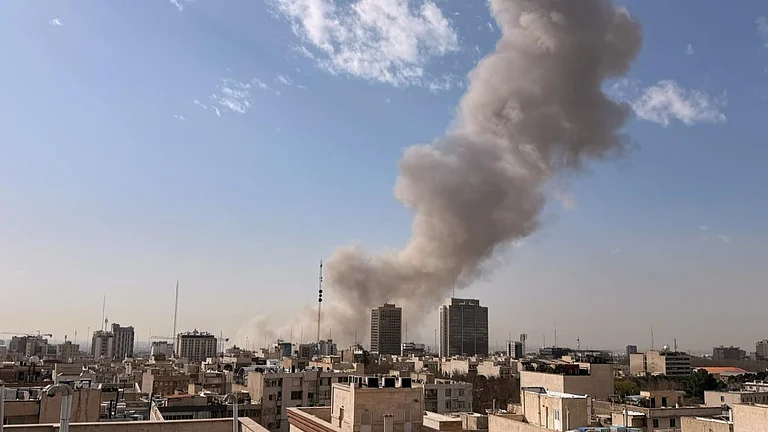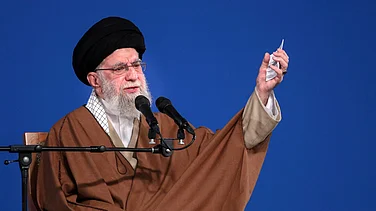Iranians will head to the polls on June 28 to elect a new president, a year earlier than scheduled, following the death of President Ebrahim Raisi in a helicopter crash last month.
The president runs the country day-to-day, but real power on issues such as Iran’s nuclear programme and its foreign policy rests with Supreme Leader Ayatollah Ali Khamenei, who analysts say seeks a loyal president he can trust.
Over 61 million Iranians, aged 18 and above, are eligible to vote in this crucial election. The election takes place amid escalating regional tensions fueled by Israel's war on Gaza, increased Western pressure on Iran's nuclear program, and growing domestic unrest over political, social, and economic crises.
Who Are The Candidates Running For President?
Under Iran's constitution, candidates must be approved by the Council of Guardians, dominated by the clerical elite, before they can run for office. This vetting process has resulted in six approved candidates, though two have since withdrawn from the race. The remaining four contenders include:
- Mohammad Bagher Ghalibaf, parliamentary speaker and former mayor of Tehran, with a background in the Islamic Revolutionary Guard Corps (IRGC)
- Saeed Jalili, Expediency Discernment Council member and former chief nuclear negotiator
- Masoud Pezeshkian, member of parliament and sole moderate candidate, associated with former President Hassan Rouhani's administration
- Mostafa Pourmohammadi, former interior and justice minister
The Council of Guardians approved six candidates from an initial pool of 80. Two of the approved candidates who have since withdrawn are: Alireza Zakani, the mayor of Tehran, and Amir-Hossein Ghazizadeh Hashemi, head of Iran's Foundation of Martyrs and Veterans Affairs.
Notably, only one candidate, Masoud Pezeshkian, is a reformist, while the other three are conservatives. Pezeshkian, a cardiac surgeon, has associated himself with the former administration of the relatively moderate President Hassan Rouhani, who reached Iran’s 2015 nuclear deal with world powers.
Why Is This Election Important?
The election presents an opportunity for Iranian leadership to show it can handle a disaster like the unexpected death of a president without destabilising the country, even as it grapples with internal protests and tension with the United States and Israel.
Supreme Leader Ayatollah Ali Khamenei has called for a high turnout in the election, which he believes "will silence the Islamic Republic's enemies".
Now, how much the presidential election will reveal about Iran's future would depend on the president itself. The election outcome will show if Iran's leaders want to open up to the world. If so, this could bring a period of stability and progress after years of division.
Or, the new president might maintain the current approach, widening the gap between the government and the people, and continuing to confront other countries. This would prolong the crisis, fuelled by unresolved domestic grievances, and forcing the state to continue to focus on managing crises.
The president who emerges from this electoral process will provide a a hint as to what the outcome will be.
Who Does Iran's Supreme Leader Back?
Ali Khamenei, has not publicly endorsed any presidential candidate. However, in a televised address on Tuesday, he hinted at his preferences, saying: "Someone who thinks they need America's approval to govern won't lead the country well."
His adviser Yahya Rahim Safavi has urged voters to elect "a president whose views do not conflict with those of the supreme leader," state media reported.
"The people should choose a president who considers himself the second in command ... The president should not create division," said Safavi, a former chief commander of the Guards.
When Will the Results Be Announced?
The presidential election on June 28 is part of Iran's constitutional requirement to elect a new president within 50 days of the previous president's death.
The votes are expected to be counted by June 30, but if no candidate receives a majority of the votes, a runoff election will be held on July 5 between the top two candidates.






